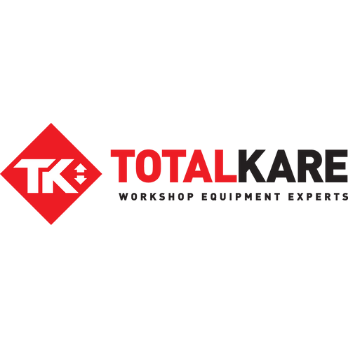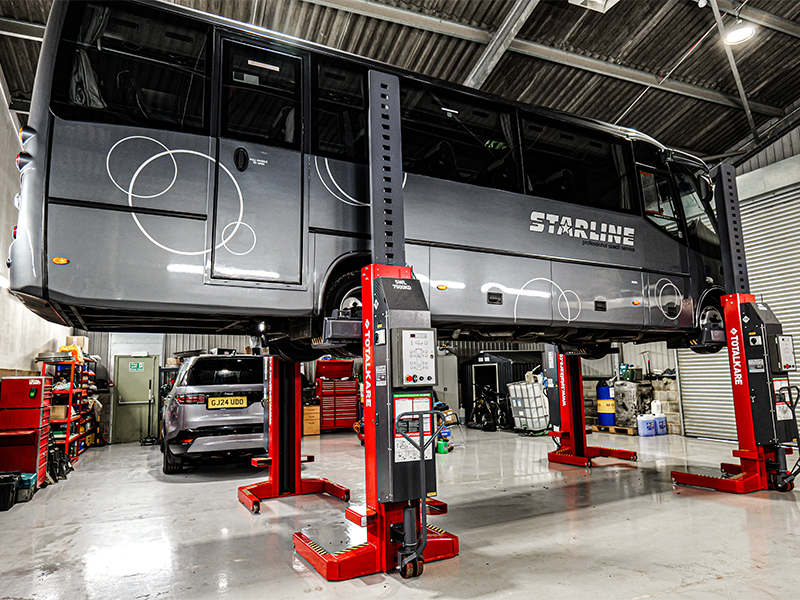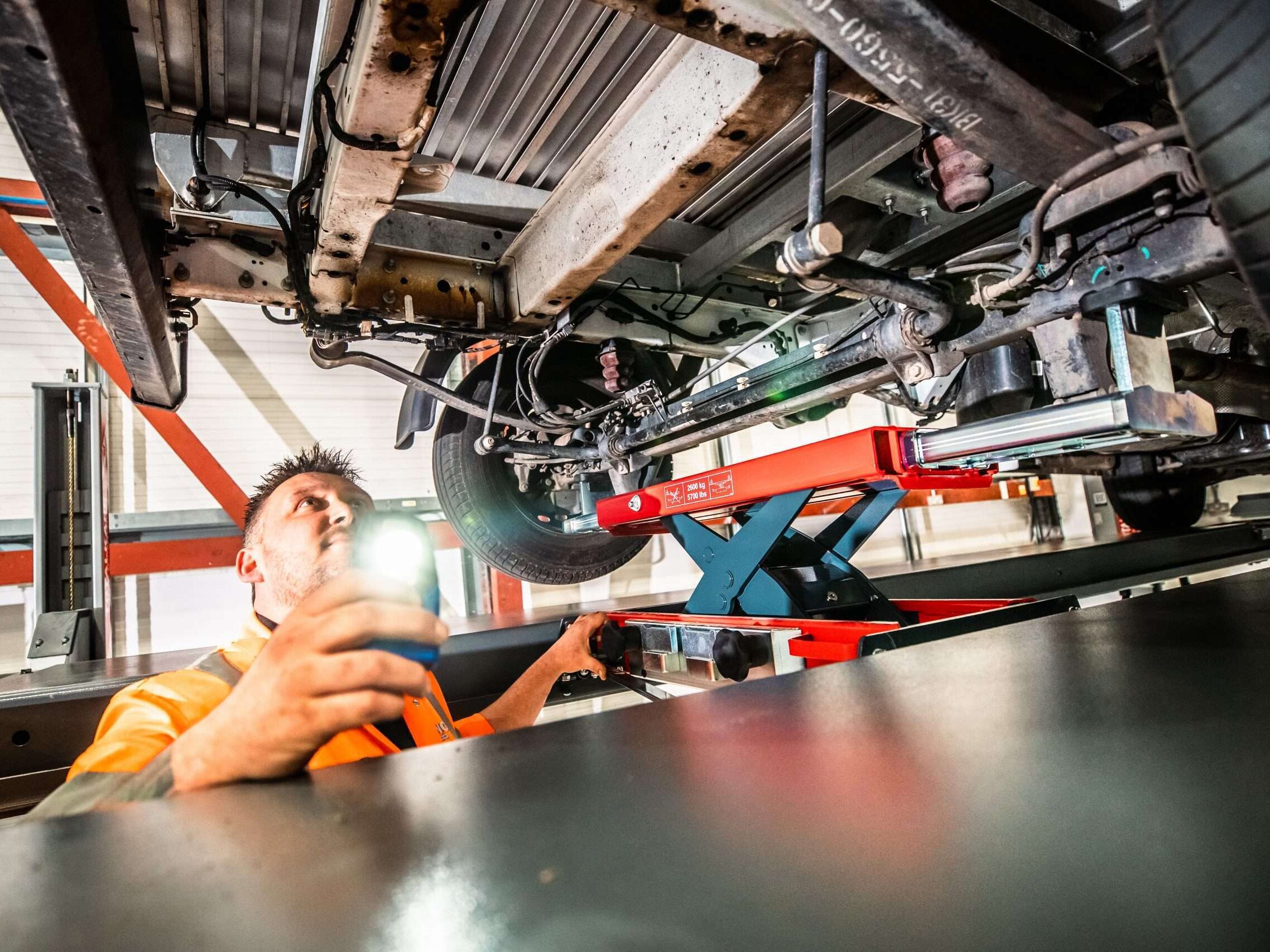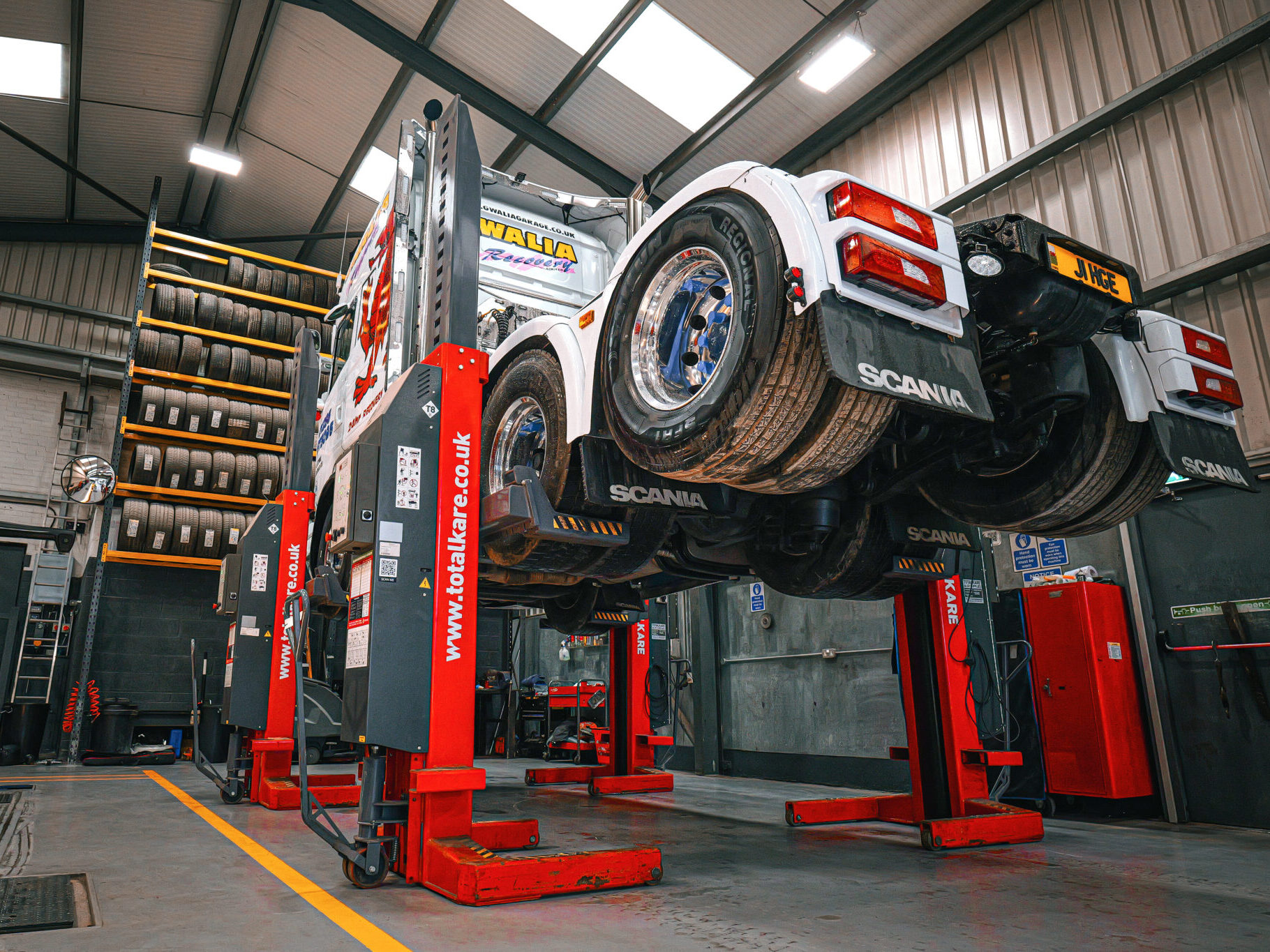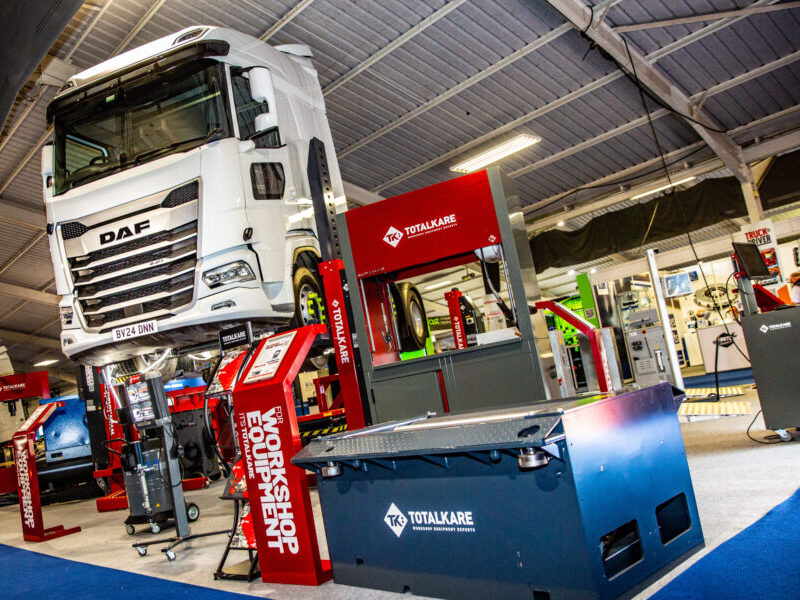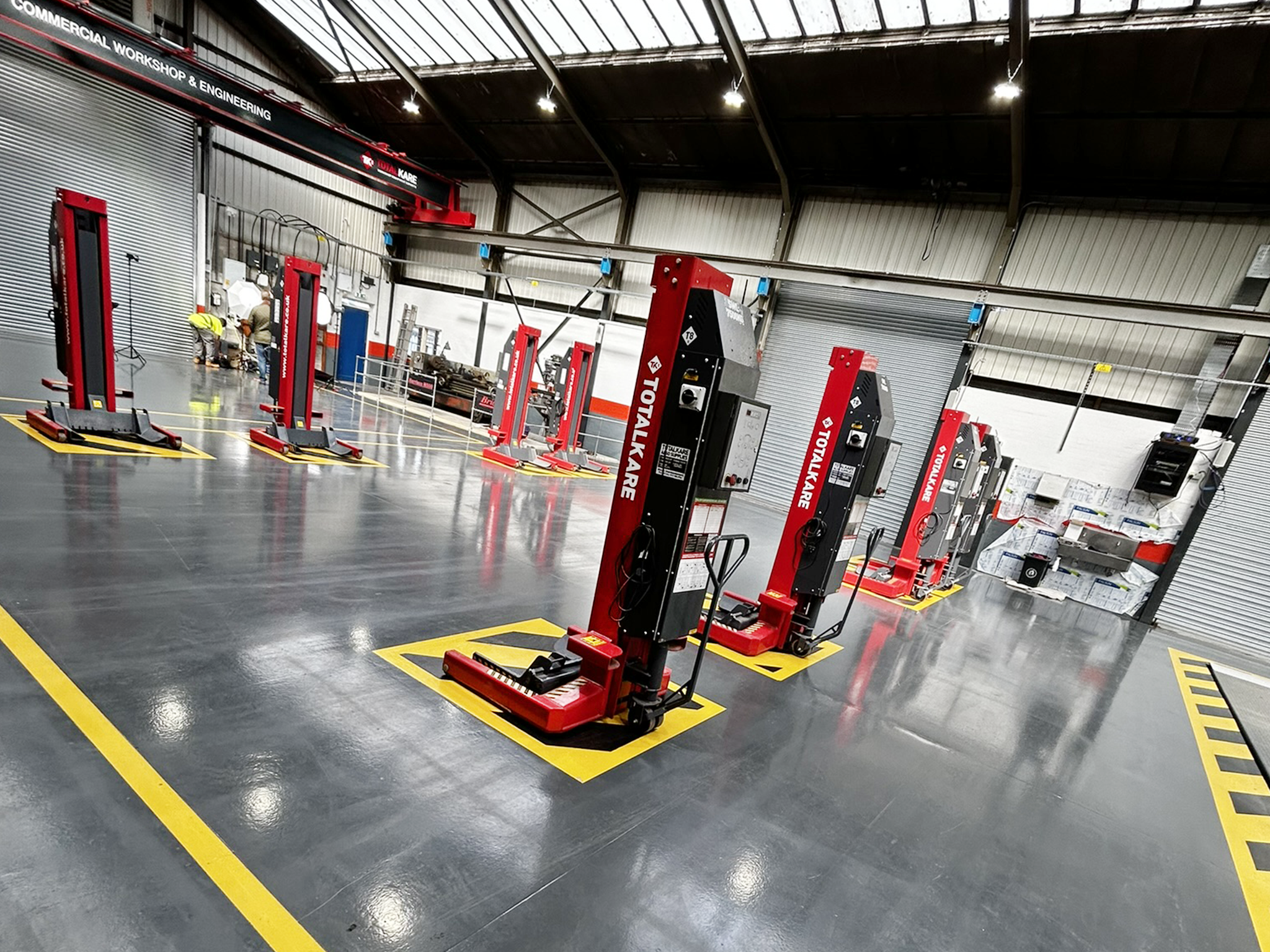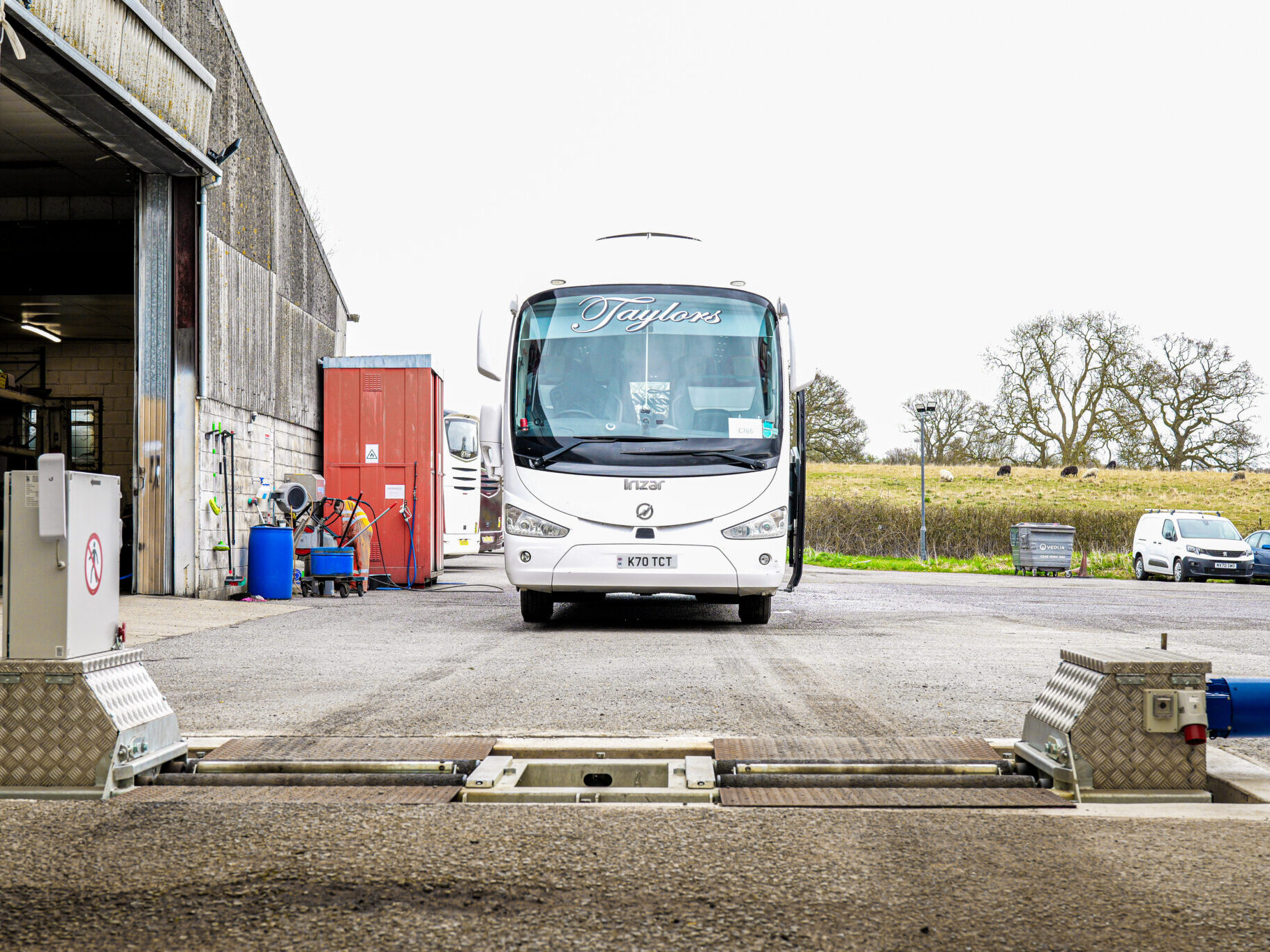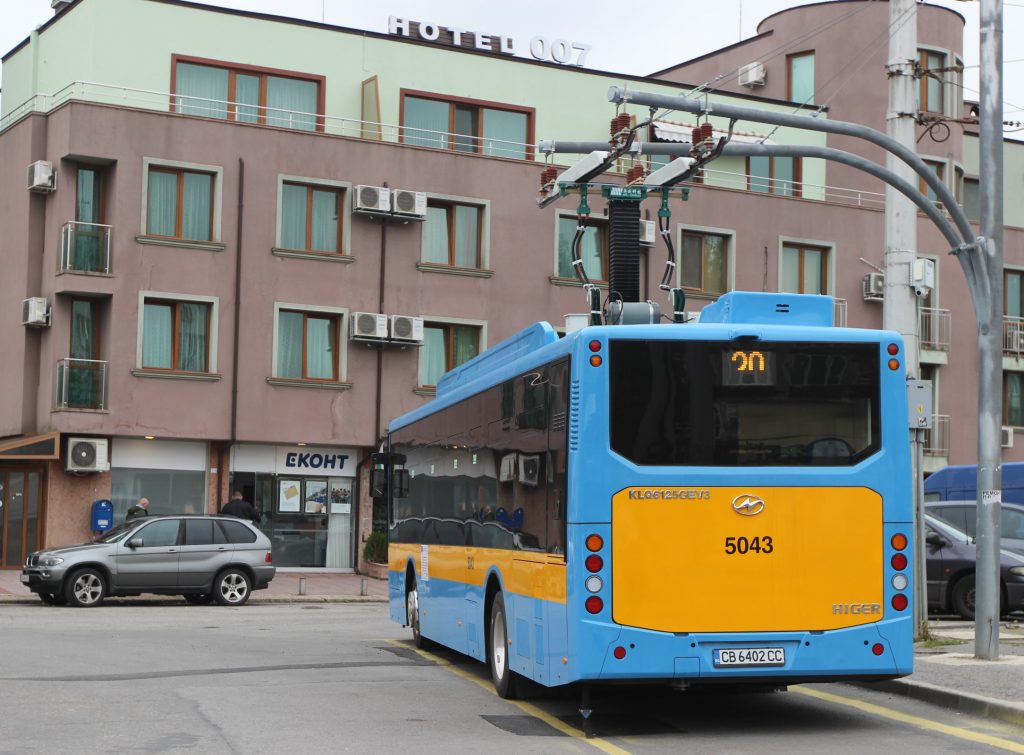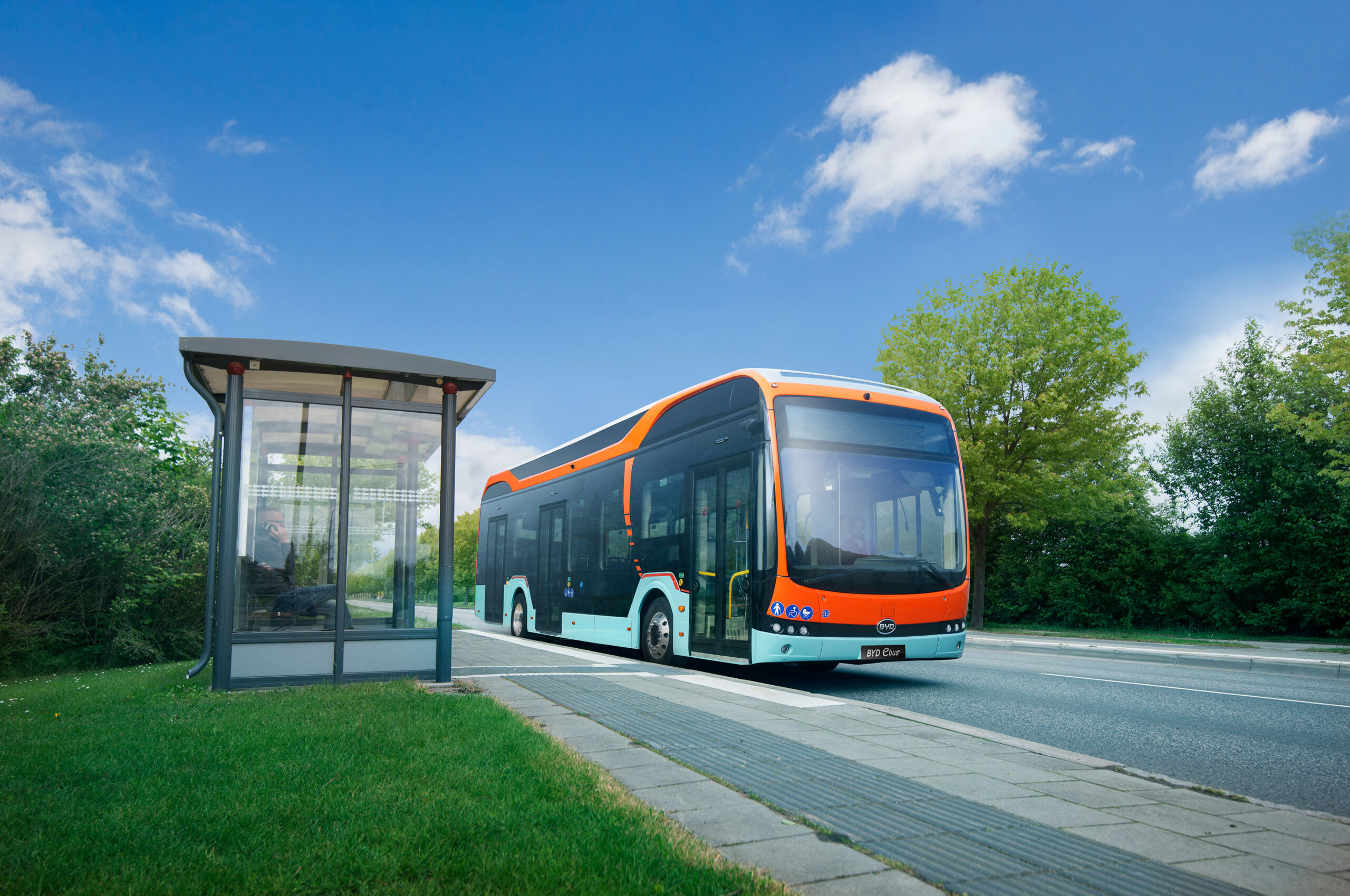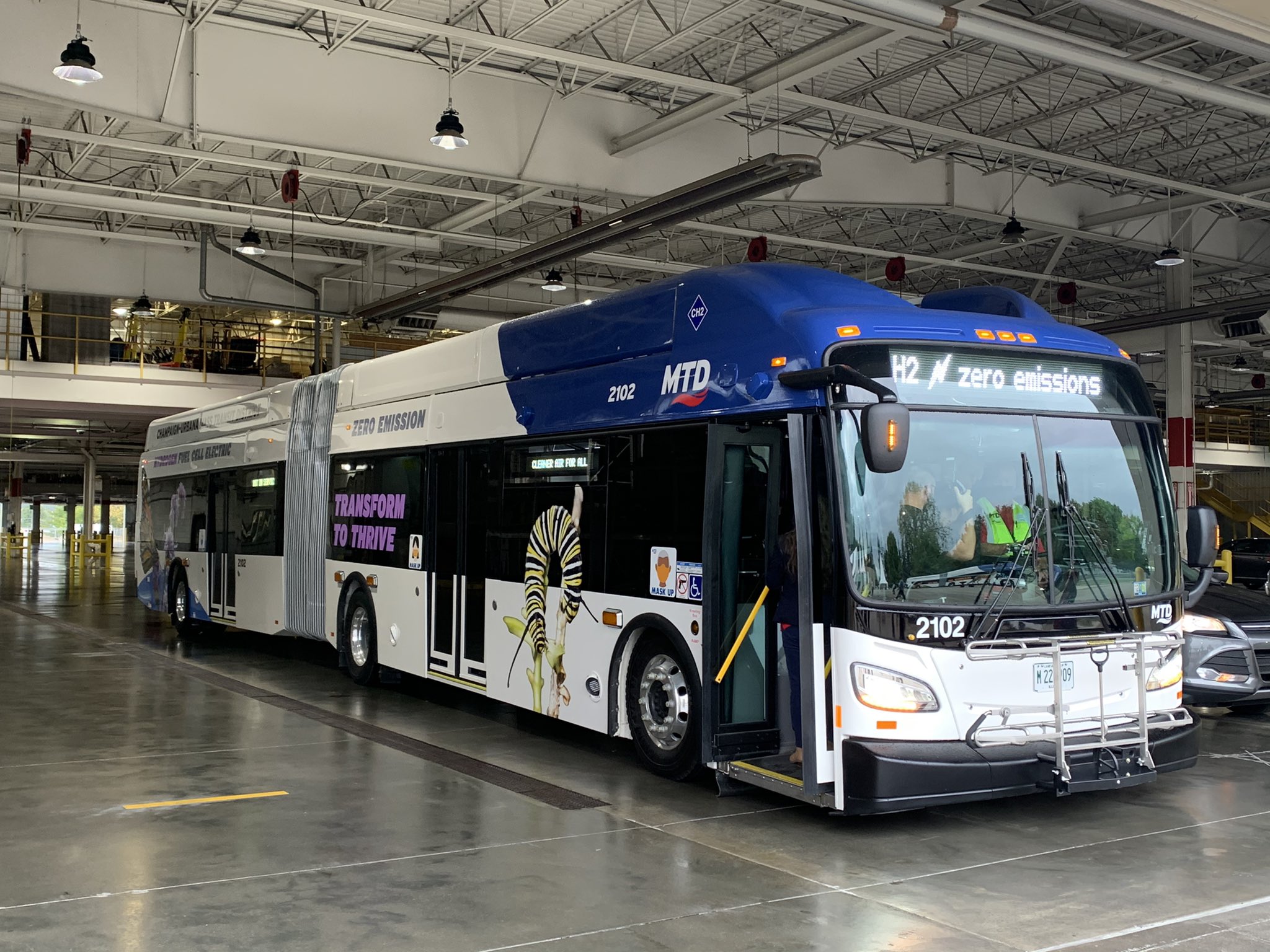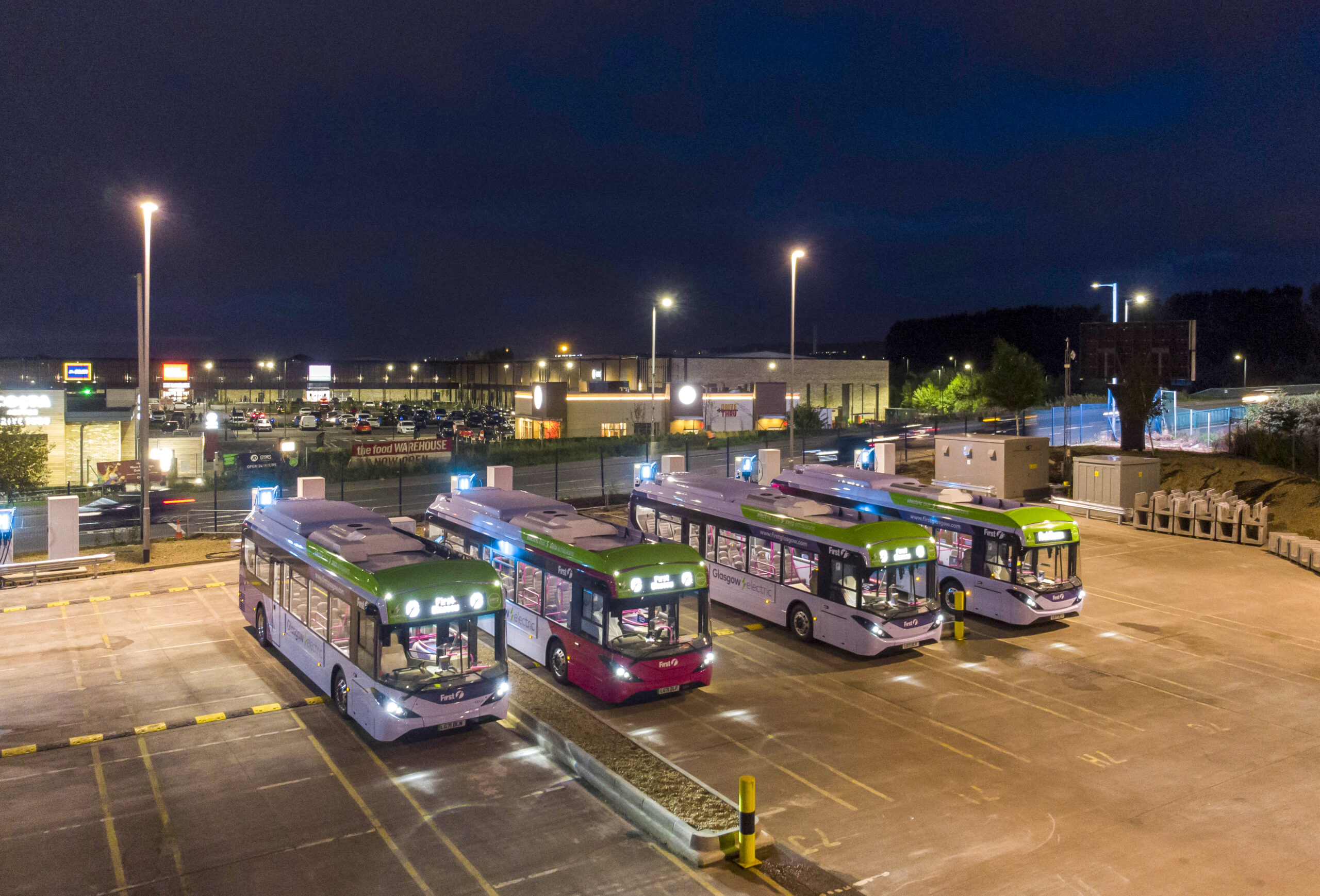With so many types of workshop equipment going mobile, it’s easy to assume that it’s the only way to go.
But when you’re investing in heavy-duty equipment – the kind of gear that will form the backbone of your business for years to come – it pays to be fully informed before you part with your cash.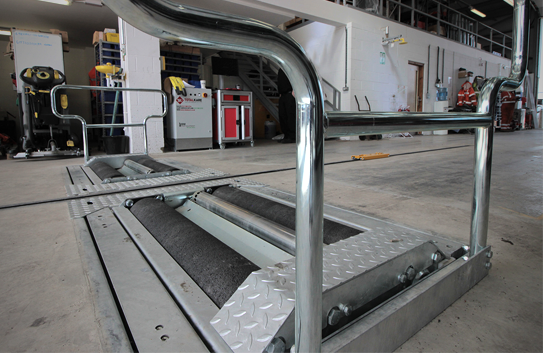
So to help you be sure you’re making the right decision, we’ve put together some important tips and questions you need to ask before choosing your brand-new brake tester.
Let’s start with some hard facts:
The Essential Stats
Before we jump into the uses and benefits of each type of brake tester, it’s worth looking at exactly what each one is capable of.
Here’s a quick comparison list to help you get started:
| Feature | In-ground Brake Tester | Mobile Brake Tester |
| DVSA-approved | ✔ | ✔ |
| Connected Equipment-ready | ✔ | ✔ |
| Weight Range (Axle Load) | 6,000kg – 20,000kg | Up to 20,000kg (16,000kg standard) |
| Automatic Weighing | ✔ | ✔ |
| Maximum Wheel Base | Up to 4,090mm | Up to 4,000mm |
| Wireless User Control | ✔ | ✔ |
| Diagnostic Software Included | ✔ | ✔ |
At first glance, the differences don’t seem huge. Both types of brake tester come with all the quality-of-life features you’d expect (like wireless tablets and diagnostic software).
In terms of their raw stats, the main difference comes from their weight range (the limits on the vehicle’s axle load).
But even with our Mobile Brake Tester – which clocks in with a lower maximum axle load as standard – you do have the option of investing in an upgraded Mobile Brake Tester.
These upgraded Mobile Brake Testers can handle an axle load of up to 20,000kg – giving them the same maximum weight capacity as an In-ground Brake Tester.
So when we only look at the stats, the difference isn’t clear.
We need to dig deeper – looking at the specific uses and situations for each type of brake tester.
Here are the questions to ask when choosing the right brake tester for you:
The Essential Questions
Are you ready to commit to groundworks?
For most workshops or depots, this is one of the most significant factors when you’re choosing between a Mobile or In-ground Brake Tester.
An In-ground Brake Tester is built into the ground. You’ll need to be ready to make structural changes to the floor of your workshop – and that means you’ll need things like:
- Permission from your landlord if you’re renting your premises
- Enough time to complete the installation
- Often, the assurance that you won’t be moving premises any time soon
- And if you’re planning to create a test lane, you should seek approval in principle from the DVSA before you start any of the physical work.
By choosing a Mobile Brake Tester, you won’t need to worry about any kind of groundworks. It’s a free-standing unit that can be moved into position – or even moved between different premises, as we’ll discuss later.
Are you working with an inspection pit?
If you’re already using a pit for all of your vehicle work, an In-ground Brake Tester is often the perfect complement to a fixed-position workspace (like a pit).
With a little careful planning and the right setup, you can have a complete workstation for everything you need to test in one dedicated area – your under-vehicle inspections, your brake testing, and your emissions testing.
It’s an efficient workshop configuration that should help to reduce the time (and potential risks) of moving vehicles around for each stage of their servicing.
(And if you’re looking to minimise the amount of structural change you make to your workshop floors, installing an In-ground Brake Tester across an existing pit is a no-brainer!)
Of course, our Mobile Brake Testers also work perfectly when they’re set up in front of an inspection pit – and many of our customers keep their Mobile Brake Testers as a near-permanent fixture at their inspection pits, without ever feeling the need to move them around.
How many brake testers do you really need?
If you’re running multiple workshops at different locations, you won’t necessarily be carrying out brake testing at each premises every day of the week.
And for some of our customers, that means installing a permanent In-ground Brake Tester at every site just doesn’t make financial sense.
With a Mobile Brake Tester, you’ll have the option of sharing a few testers across multiple sites – moving your brake testers to new locations whenever they’re needed – which could save you money in the long run.
But of course, that sort of regular transport comes with its own price – and that’s the constant fuel costs and the wear and tear on your vehicles of moving your brake testers around.
(And over a long enough period, all of those extra transport costs are going to seriously eat into your initial investment!)
For other customers, it makes more sense to move the vehicles that need testing to the sites that have dedicated brake testers.
They might be running a company with six workshops in total, with three workshops that need regular brake testing, and 3 that only need occasional testing.
It wouldn’t make sense to invest in three Mobile Brake Testers that they need to lug around a few times a month to meet the overall needs of the business.
Instead, they can have three permanent In-Ground Brake Testers in their high-demand workshops, and move the vehicles between sites – not the equipment.
So when we get down to it, the real question isn’t “How can I squeeze the most out of one Mobile Brake Tester?”
The real question is this:
“How many brake testers do I need across all my sites to get the most value out of my investment?”
Do you need to replace a brake tester quickly?
We’ve already talked about the groundworks needed to install an In-ground Brake Tester.
But if you’re looking to upgrade or replace an existing one, you could be heading for the exact same problems.
Swapping one In-ground Brake Tester for another takes time. It’s a serious installation – and you could be looking at a few days’ downtime where you can’t carry out any testing at all.
That’s money left on the table – and potentially a few unhappy customers!
So if you need an upgrade or replacement and you don’t want to wait, you might be better off switching from an In-ground Brake Tester to a mobile one.
By choosing a Mobile Brake Tester, you can get back to your workload from the moment it arrives. There’s no installation or groundworks to worry about, and no downtime – which means no lost revenue, and no unhappy customers.
Is your workshop short on space?
Besides the potential for groundworks, this is the other huge question that companies need to ask.
But the answer isn’t always simple.
In many cases, a Mobile Brake Tester is a huge space-saver. There’s no permanent installation or fixture, which means you can move it around within your workshop to fit the demands of your business as they change from day to day.
And if you have an appropriate outdoor space, you can even set up a Mobile Brake Tester in a car park or a loading bay – which means freeing up more space indoors for your other jobs.
But in some cases, a Mobile Brake Tester could actually reduce the total space you have:
If your workshop uses Vehicle Inspection Pits (a fixed installation that’s built into the ground), a Mobile Brake Tester could be an unnecessary addition to a workspace which may already be a little cramped.
Instead, choosing to install an In-ground Brake Tester across your existing pit would give you the same level of brake-testing capacity, but with no extra space used.
In effect, you’ll be getting twice the value out of the same space that your pit is already using. And that means you’ll have more space available to use elsewhere.
Still Not Sure Which Is Right for Your Business?
Whichever way you’re leaning, a brake tester is a serious investment for your business.
That’s why we’ve worked hard to develop the most attractive finance options we can – so you can spread the costs of your biggest investments, and start bringing in-house brake testing to your workshops in the quickest and easiest way possible.
So if you’re still confused about choosing the right brake tester for your needs (or you want to see exactly how we can help with the finances), send us a message or give us a call – and we’ll work with you to plan out the best steps forward for your business.
This article was originally published by Totalkare.

